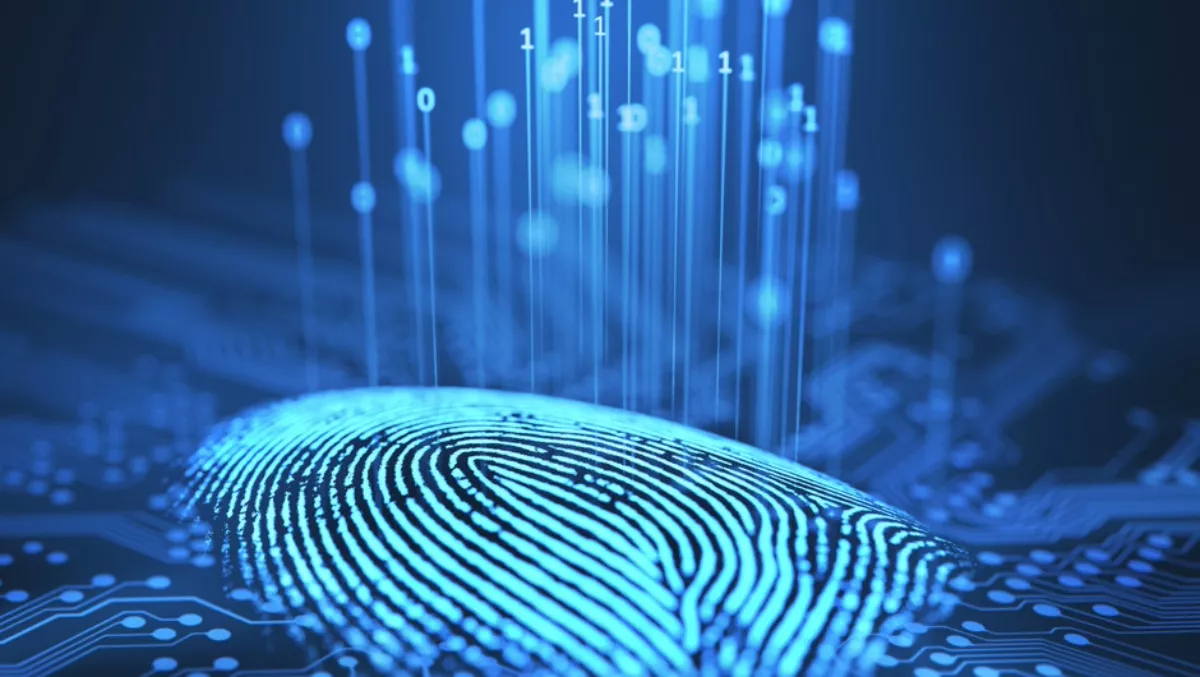
Security top priority for Filipinos when choosing a bank - Unisys
New research from Unisys reveals Philippine bank customers rank data security as the issue that matters to them most about their bank.
The 2019 Asia Pacific Banking Insights: Trusting in the Banking Experience is a study of the attitudes of banking customers in the Philippines, Australia, Hong Kong, New Zealand and Taiwan.
This year's report identifies which bank attributes matter most to consumers and explores the delicate relationship between security, perceived behaviour and trust in financial institutions.
Of the five countries surveyed, Philippine bank customers have the highest level of trust in banks to protect customer data with 42% of Filipinos citing that banks are the organization they trust most to share their personal data with.
This is twice the number of people who trust the government (21%) or card networks (15%) with the same information.
Underscoring the importance of security in today's banking market, Filipinos cite focusing on the security and safety of customer data as the thing that matters to them most when engaging with a bank (63% of respondents).
In comparison, only slightly more than half (54%) of Filipinos rank efficient service and issue resolution as the priority and one-third (36%) cite easy to understand and transparent products and services.
"Philippine banks currently enjoy a high level of trust from their customers based on their ability to protect the sensitive personal data in their care," says Unisys Asia Pacific Financial Services industry director Ian Selbie.
"However, as open banking is rolled out across Asia, allowing banks to more easily work with third parties to provide new services to customers, they will need to demonstrate that they are protecting their customer data across all parties involved in the banking service supply chain," Selbie says.
"Our research also reveals that trust in banks is lower for those aged 18-34 years, flagging that banks will need to actively work to maintain their customer base trust over time."
Overall, Filipinos recorded the highest level of comfort using biometrics to verify their identity to authorize financial transactions, compared to the other five countries surveyed. Eight in 10 Filipinos are comfortable using voice, face or fingerprint to access mobile banking apps (85%) or use facial or fingerprint recognition at an ATM (81%).
Slightly less (64%) are comfortable using voice recognition when calling the bank's call center.
But only just over half (53%) are comfortable with a bank using behavioral biometrics, such as tracking the unique way a person scrolls through websites, types on a phone or presses buttons, to verify identity.
Those Filipinos who don't support biometrics mostly cite data security concerns.
"Filipinos have a strong appetite to use new technologies such as biometrics to help secure who can access their financial information," says Selbie.
"The lower level of support for behavioral biometrics is likely driven by a combination of less familiarity with this type of security measure and an unwillingness to be monitored on an ongoing basis.
If banks want their customers to embrace behavioral based identity authentication they will need to convince them that the benefit of security is worth forgoing some level of privacy," Selbie says.
Filipinos rank long queues as the most annoying thing about their bank, unchanged over the last three years with almost half (49%) annoyed by this issue.
However there is a generational difference: those aged 18-34 years are less concerned about queues than older Filipinos, but they are more concerned about their credit card being frozen due to suspected fraudulent transactions.
"Younger Filipinos are less annoyed by bank queues than those aged over 35 years which reflects their willingness to use mobile banking options rather than visit a branch," Selbie says.

